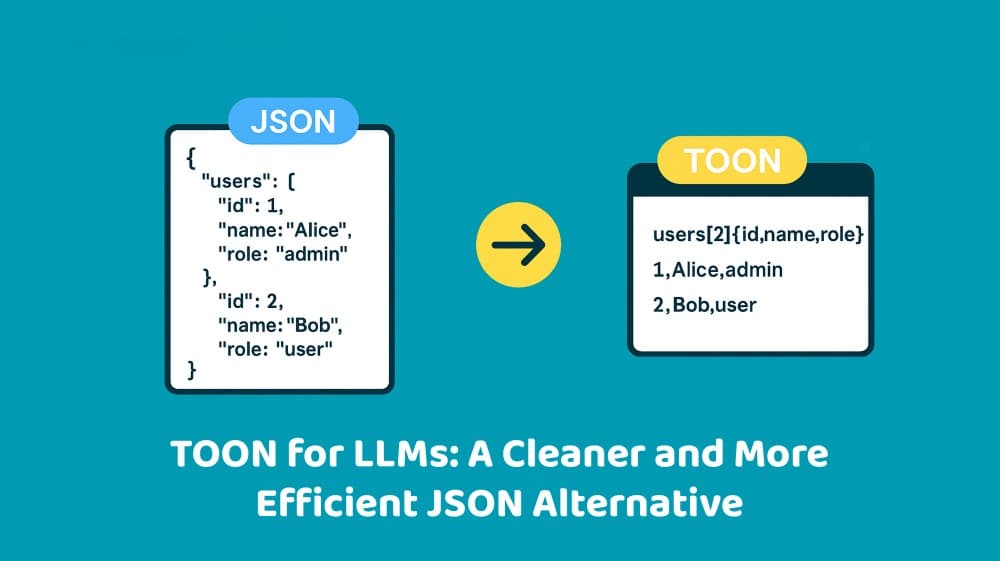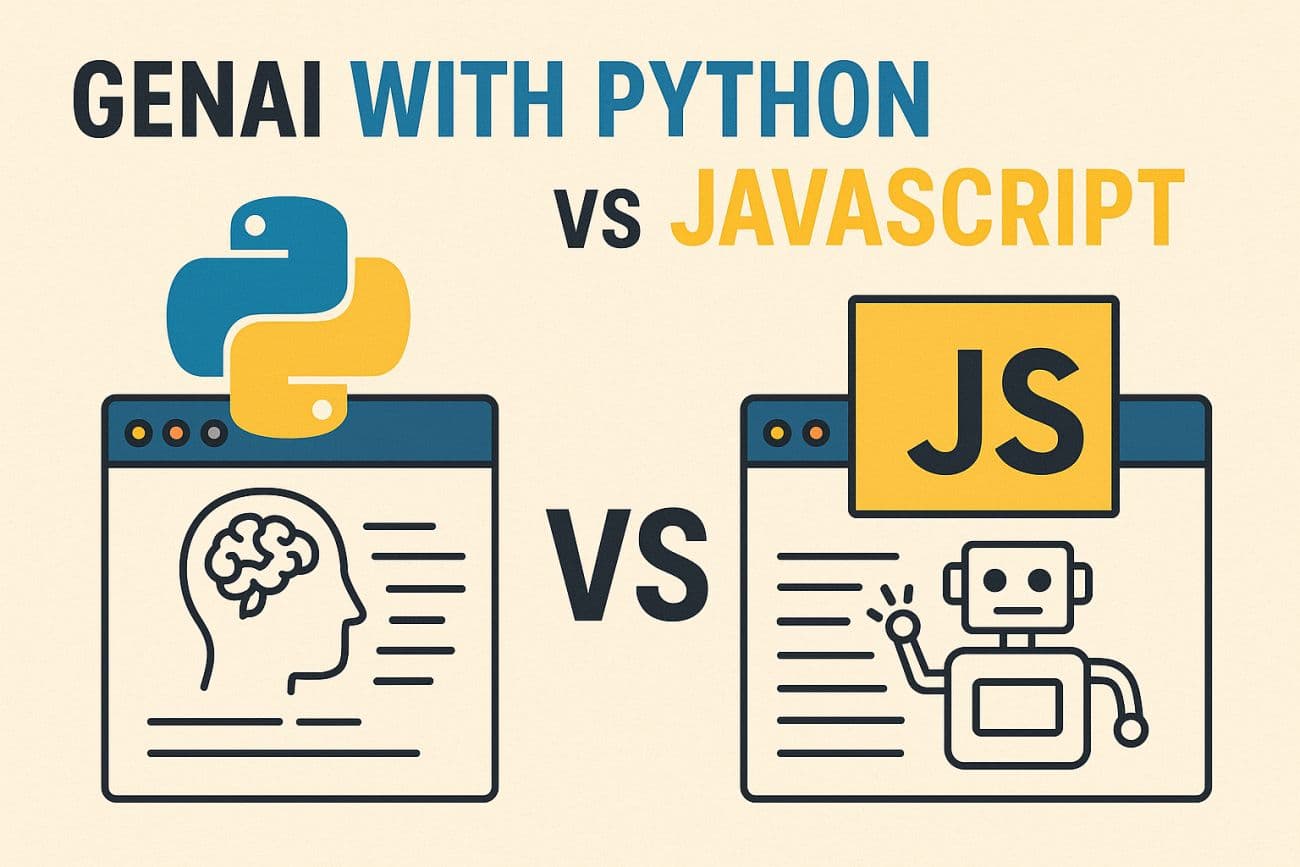Progressive Web App Development in Ecommerce
.jpg&w=3840&q=75)
Progressive Web App Development in Ecommerce
Digital acceleration is a trend for the retail industry, meaning the need for finding new ways to meet quickly changing customer demands. What’s more, eCommerce customers prefer to interact with online shops via smartphones. The mobile traffic surpasses all other types, reaching 54.8% of global website traffic in the first quarter of 2021. This situation calls for investing in mobile apps, but the cost of this type of app development isn’t affordable for any eCommerce business.
At the same time, meeting the tendency requires careful consideration. According to Deloitte 2021 Retail Industry Outlook, only 23% of consumers think the industry is trustworthy in terms of safety, and only 5% ranked it as a top-three one for data privacy. That means the importance of finding a reliable tech partner and using safe technologies for digitalization.
That’s why industry players have started searching for reliable technology to address the industry and customer demands. In this regard, progressive web apps attract wide attention.
These affordable platforms combine the latest web functionality with a native app-like experience, letting businesses take the desired advantage of the service.
In this overview, we’ll describe what good brings this type of eCommerce web development and explain why it’s worth a try.
What Is Progressive Web App (PWA)?
By resembling mobile apps as so, these platforms don’t require such a heavy investment and numerous complicated development stages.
Google introduced the progressive web app technology in 2015. These days, the search engine giant still supports PWA web pages. It lets your clients access the Google web page and install the icon app on their phones' home screen.
That’s why the technology possesses several SEO benefits, including website loading speed improvement.
Besides, progressive apps are a great digital marketing tool. In this regard, the platform possesses several visibility opportunities. Because of that, progressive web app development includes access to smartphone features to improve the user experience.
For example, your eCommerce marketing can benefit from the technology by sending push-notifications and providing offline support to your clients.
Why Does your eCommerce Business Need Progressive Web App Development?
The greatest benefit that progressive web apps bring to eCommerce is the ability to have an app without heavy investment in native mobile app development.
You won’t need to adjust your app to fit different requirements and receive app store approvals, a must-have stage for publishing Android, iOS, and Windows apps. Moreover, you won’t need to invest in app store optimization (ASO). Progressive web apps are SEO-friendly, and your clients will use them without entering app stores.
Even if your business already has a native app (or any other eCommerce web application), going for a progressive web app will improve the key engagement metrics.
As for the main indicators, businesses investing in the technology get the best results in terms of app size, loading speed, conversion rate, bounce rate, and reaching areas with poor Internet connectivity.
For instance, Twitter decreased its app size by 97%, which resulted in a 20% reduction in bounce rate. In their turn, Starbucks has doubled its number of daily active users with an app that became 99.84% smaller than its already existing mobile iOS app.
Fast Loading Speed for SEO Optimization
You should guarantee your users an exceptionally fast experience. With an appropriate eCommerce web development approach, you can create an app that can load with a second only.
This is possible when you combine the speed advantages of websites and enable caching from their side, making a mobile web page look like a native app.
Another trick behind speed acceleration is the lightweight of a progressive app. By occupying less disk space, it needs less data to load and fills less storage space. Compared to native iOS and Android apps, it’s dozens of times smaller.




